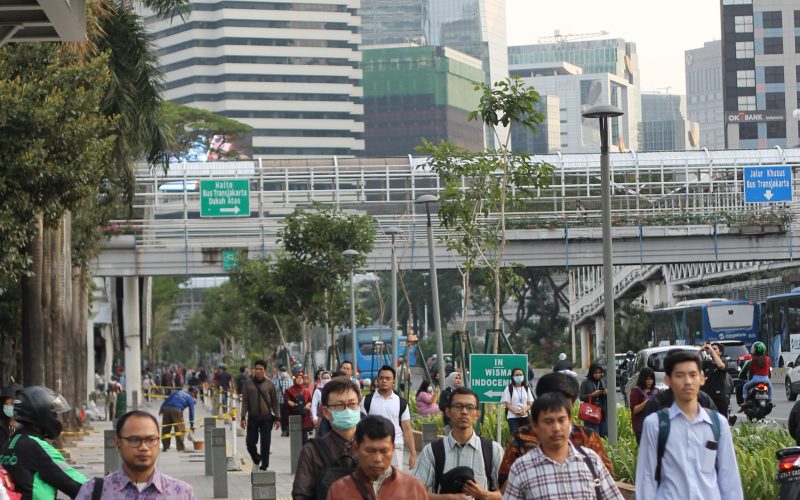Subtitle 1: The Dire Consequences of Rising Oceans
As the Earth’s climate continues to change at an alarming rate, one of the most visible and devastating impacts is the rising sea levels. The melting of polar ice caps and the expansion of warmer ocean waters pose a significant threat to coastal regions around the world. Without swift action on climate change, we stand to lose entire cities, ecosystems, and countless lives.
Subtitle 2: Coastal Communities at Risk
The consequences of rising sea levels are already being felt by coastal communities. Low-lying areas are increasingly prone to flooding and storm surges, leading to property damage, displacement, and loss of livelihoods. Small island nations, in particular, are on the front lines of this crisis, with their very existence threatened by the encroaching ocean waters.
Subtitle 3: The Disruption of Ecosystems
Coastal ecosystems are intricate and delicately balanced systems that support a wide array of species. As the sea levels rise, these ecosystems face unprecedented challenges. Saltwater intrusion into freshwater habitats can disrupt the delicate balance of flora and fauna, leading to the loss of crucial habitats for numerous species.
Subtitle 4: Coral Reefs Under Threat
Coral reefs, often referred to as the “rainforests of the sea,” are particularly vulnerable to the effects of climate change. Rising sea temperatures and ocean acidification caused by increased carbon dioxide emissions result in coral bleaching—a phenomenon where coral expels the algae that provide them with essential nutrients. Without immediate action to curb climate change, these vibrant and diverse underwater ecosystems may disappear entirely.
Subtitle 5: Vanishing Species and Biodiversity Loss
Climate change and rising oceans pose a grave threat to global biodiversity. As habitats are destroyed or altered, countless species struggle to adapt or face extinction. From marine mammals to migratory birds, many rely on coastal areas for feeding, breeding, or nesting grounds. The loss of these habitats disrupts their life cycles, pushing them to the brink of survival.
Subtitle 6: Implications for Human Well-being
The impacts of climate change and the loss of species extend beyond environmental concerns. The health and well-being of human populations are intricately connected to the stability of ecosystems. Coastal regions provide essential resources, such as fish stocks and coastal protection from storms. The loss of these resources can lead to food insecurity, economic instability, and increased vulnerability to natural disasters.
Subtitle 7: Urgent Action Required
Addressing the challenges posed by rising oceans and vanishing species requires swift and comprehensive action on climate change. Governments, businesses, and individuals all have a role to play in mitigating the impacts and reducing carbon emissions. Transitioning to renewable energy sources, implementing sustainable land-use practices, and supporting conservation efforts are essential steps towards preserving our planet for future generations.
Subtitle 8: Collaboration and International Cooperation
Climate change is a global problem that demands a collective response. International cooperation is crucial in formulating and implementing effective strategies to combat rising oceans and protect biodiversity. Collaboration between governments, scientific institutions, and non-governmental organizations can facilitate knowledge sharing, funding initiatives, and the development of sustainable solutions.
Subtitle 9: The Promise of a Sustainable Future
While the challenges posed by rising oceans and vanishing species are grave, there is hope for a sustainable future. By acting decisively to reduce greenhouse gas emissions, promote renewable energy, and protect vulnerable ecosystems, we can make a difference. Investing in resilient infrastructure, supporting conservation efforts, and adopting sustainable practices can help preserve the wonders of our planet and safeguard the well-being of both humans and the diverse species we share it with.
Subtitle 10: Our Responsibility, Our Future
The consequences of climate change, including rising












